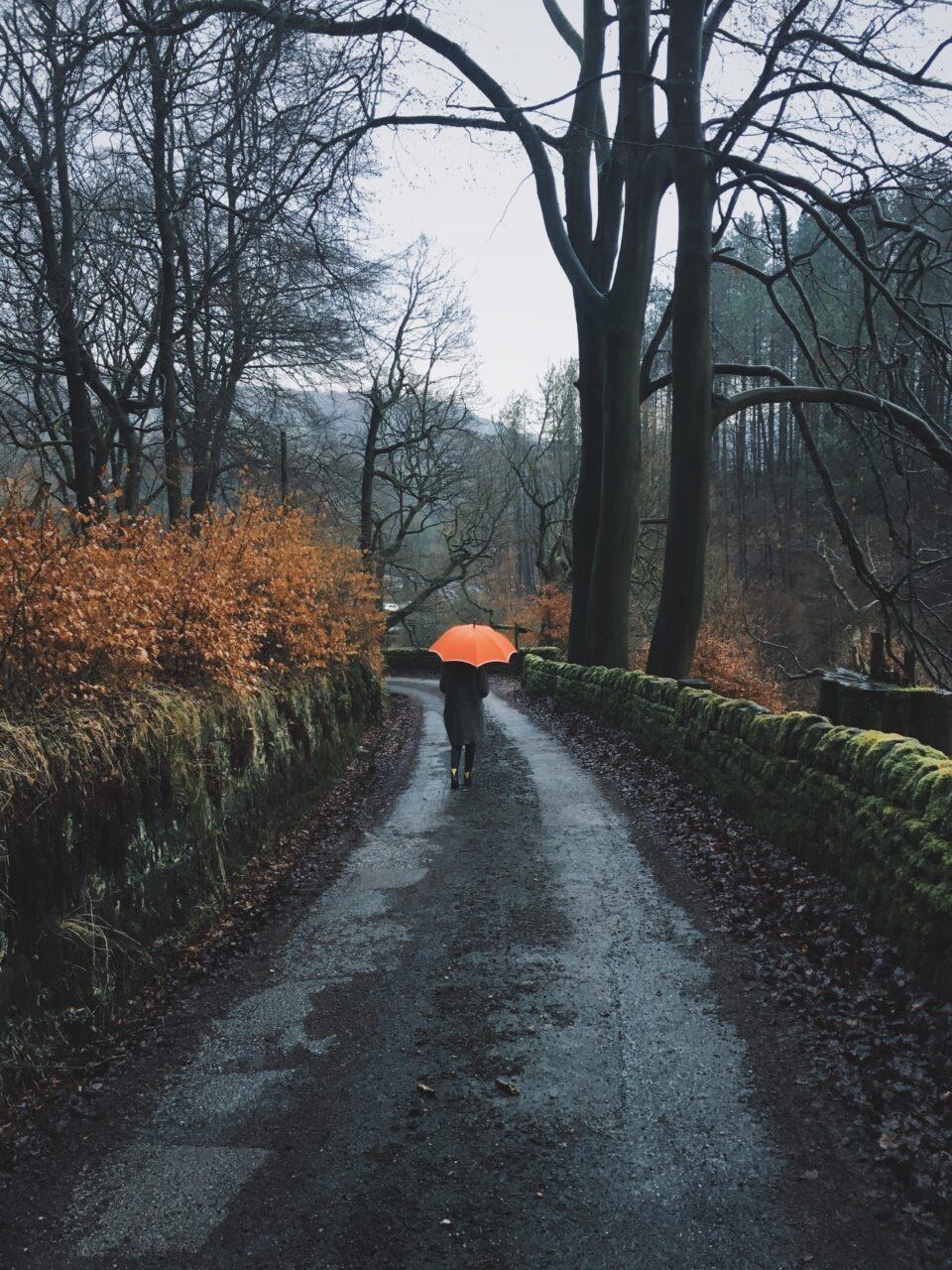
ten mistakes you might be making in your writing
Not an expert, purely observational. Well, I did study linguistics at Uni but I’ve forgotten it all, so…
1. Over-using the thesaurus. It was drilled into many of us at school to look for fancy or alternative words. While this works as a vocabulary extending tool, there’s no point in building up a mental lexicon if you never just deploy it. Often the word that comes naturally and obviously is the best one – the one that most clearly communicates what you want to say. Communication is the whole point of language, after all – befuddling the reader with awkward, polysyllabic words is a fast way to send them away.
2. No sense of purpose. Generally this is to entertain, to inform, to educate or inspire. It’s always worth having this in the back of your mind so you can check that you’ve achieved it: make an entertaining post funny, make an informative post useful. Otherwise, it can all feel a bit pointless.
3. Doesn’t scan. Rhythm is so often overlooked, but is essential for keeping a reader engaged. The natural rhythm of a sentence and the rise and fall of breath patterns can all carry your reader along, or leave them struggling and stuck. I read everything I write ‘aloud’ in my head, and switch it around for fluidity.
4. Over-long sentences. Related to point 3, sentences that don’t give the reader pause for breath are frustrating and difficult. A semi colon will often bounce things back up again – Virginia Woolf was mistress of this, and could write whole paragraphs without a full stop.
5. Not reading enough of the right stuff. If you want to be a great musician, you study music. If you want to be a fashion designer, you keep an eye on the catwalks. Reading good literature & journalism is the single greatest thing you can do for your own writing style, grammar and syntax. You absorb it by osmosis – trust me on this.
6. Reading too much of the wrong stuff. Nothing kills my inner voice like a late-night binge on poorly written fan fiction. I know, I know… but sometimes you just need to see your OTP get together against dramatic adversity! ?

7. The perfection trap. You know what’s better than the perfect piece of writing? A piece of writing that actually ever gets written, in any form. I am mainly speaking to myself, here, I confess.
8. Starts or ends weakly. Often when I begin a piece, I’ve already got the first and last lines nailed. Grab the reader at the start, and pull them back to you at the end, and you can get away with all sorts of waffle in the middle. Start well, end strong.
9. Lack of routine. We should be writing every day. I think most of us sort of know this, but few of us really make time for it. Someone recently emailed me about a meeting and said she saves the mornings – every morning – to write. That’s the kind of priority we should be giving our work. Lately, I start each morning with a rough stream-of-consciousness journal entry in Day One, and then dive into a blog post or article from my to-do list. It’s like a muscle that needs regular exercise and a decent warm up each day.
10. Live. One of my favourite things about talking to other writers is they tend to make fascinating conversationalists. They’ve always done an awful lot – worked a surprising range of jobs, developed expertise in unusual & quite uselessly specific areas. Usually they can talk about this stuff well, because they’ve already made a little narrative in their mind. Writers collect up life experience and hoard it away, ready for that rainy day when they weave it into something publishable.
You can still write when you’re living in a bubble, but you need self awareness and outside perspective to make it resonate. Without some colorful life experience, you just don’t have as many stories to tell.
What tips and tricks do you use to keep your written work strong? I’m always hoarding this kind of info, so please share!
You might also like:
Hashtags for Instagram
Every month, I gather up a selection of winning hashtags and send them straight to your inbox, for free.
Sign up to receive my newsletters every month.







14 Comments
Leave a Comment
Lucy Shipley
September 23, 2016
If you are able to write in the morning don’t read anything before settling in! You can get away with the news or Twitter but steer clear of anything akin to what you are working on. Learnt that in PhD write up crunch time, very hard for someone who reads everywhere all the time but well worth it.
Eduard Militaru
September 18, 2016
Done that already! :))
Eduard Militaru
September 18, 2016
Your posts are the perfect reading snippets for my mornings.
Cariemay
September 17, 2016
I’d second reading with fresh eyes, or reading aloud, it makes the clunky bits really jump out at me!
Abi | These Four Walls blog
September 16, 2016
Great post! I’m a writer and editor in my day job and my top tip would be to leave drafts for a few hours and then proof them with fresh eyes – then you’ll read what you’ve actually written rather than what your head thinks you’ve written. It’s not always possible with deadlines and all, but I try to plan ahead and leave enough time when I can. (Oh, and be careful of auto correct, which tried to change ‘great post’ above to ‘get lost’…!) Xx
Fi Cooper
September 16, 2016
I have certainly “developed expertise in unusual & quite uselessly specific areas” (pre 20th century interpretation of Neolithic monuments, anyone?) so I guess what I need to do now is more writing. All very good tips, thank you!
Joey
September 16, 2016
I want to frame this post! In fact, I may do just that!
MyCustardPie
September 16, 2016
Did I write this list?!! Number 4 and number 7 are looking at me. Rythym is so important – glad you put that one in.
Melanie
September 16, 2016
Thanks for sharing your tips 🙂 I don’t know how anyone writes anything in the first sitting. I find a bit of time and space from the words is essential, then when I re-read, it’s clear to me which bits are golden and which bits need editing.
Panorama Road
September 16, 2016
Thanks these are great. I think just getting on with it is often half the battle – that and thinking about your audience – what do they actually want to read?
Uli
September 16, 2016
These tips are fantastic! Thanks so much for sharing! Made a note of all of them…
FOUND SOME PAPER BLOG
Helen
September 16, 2016
Write that messy first draft. Just write. You can’t edit a blank page. (And yes, I’m talking to myself here, too, as I’m at the beginning of a new writing project.)
Sara Tasker
September 16, 2016
*linguist high five*. Damn that number 7. I feel like i really wrote this entire list just to remind myself, to be honest… xx
Miranda | Miranda's Notebook
September 16, 2016
I love all these tips and need to remember number 7 more myself…. Snap to studying Linguistics at uni btw!! xxx